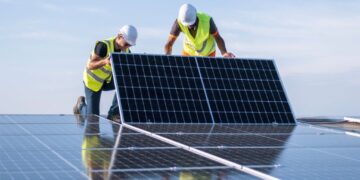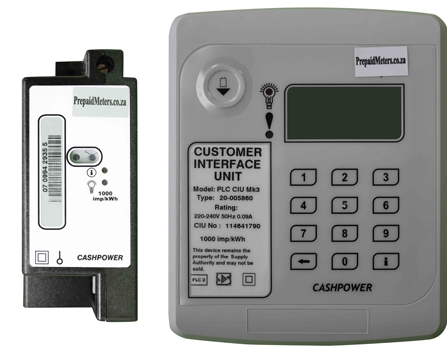The Power Sector Reform Program has in many ways proved effective in the improvement of the country’s power sector. One of the major problem it is yet to address is the issue of ineffective metering rocking the power sector in Nigeria.
The report by Lagos-based CSL Stockbrokers Limited, noted that on the basis of ineffective metering some customers avoid paying for consumed power through meter bypass, while on the other hand others are made to pay for what they haven’t consumed.
According to a report published by NERC on its website, out of 7,476,856 total number of registered customers as at August 2017, only 3,451,611 (46 per cent) were metered.
The report cited a new draft meter regulation proposed by the Nigerian Electricity Regulatory Commission (NERC), which stated that electricity customers can now acquire meters under a 15-year lease facility from the discos guaranteed by third party meter providers.
The report recalled that NERC had proposed a business model for the licensing of Meter Services Providers (MSP) who would provide for the financing, procurement, installation, maintenance and replacement of electronic prepaid meters for end-users of electricity.
Therefore, CSL noted that, with this development, Nigerians, who previously did not pay for meters (at least on paper) would now pay for their own their meters and would not be allowed to remove them when moving houses. “We believe NERC is going this way, as previous efforts to ensure adequate metering have all failed.
“We believe NERC is going this way, as previous efforts to ensure adequate metering have all failed. Ineffective metering remains a major drawback to the success of power sector reforms in Nigeria.
“While some consumers avoid paying for power consumed through meter bypass, some other consumers are made to pay for what they haven’t consumed through estimated billing by discos. Discos have been largely unsuccessful with metering their customers,” it added.
The report stressed that effective metering view would be a step ahead in solving the myriad of problems embattling the Nigerian power sector.
“Though previously supposed to be unpaid for, many end customers in a bid to avoid the bureaucracy associated with getting meters have paid N50,000-60,000 (US$138.9-166.7) to get their own meters.
“If by this draft regulation, getting meters can become a seamless process and less cost heavy (as payments are to be made piecemeal over the 15-year period of the lease), we believe it may enjoy some level of success,” it added























